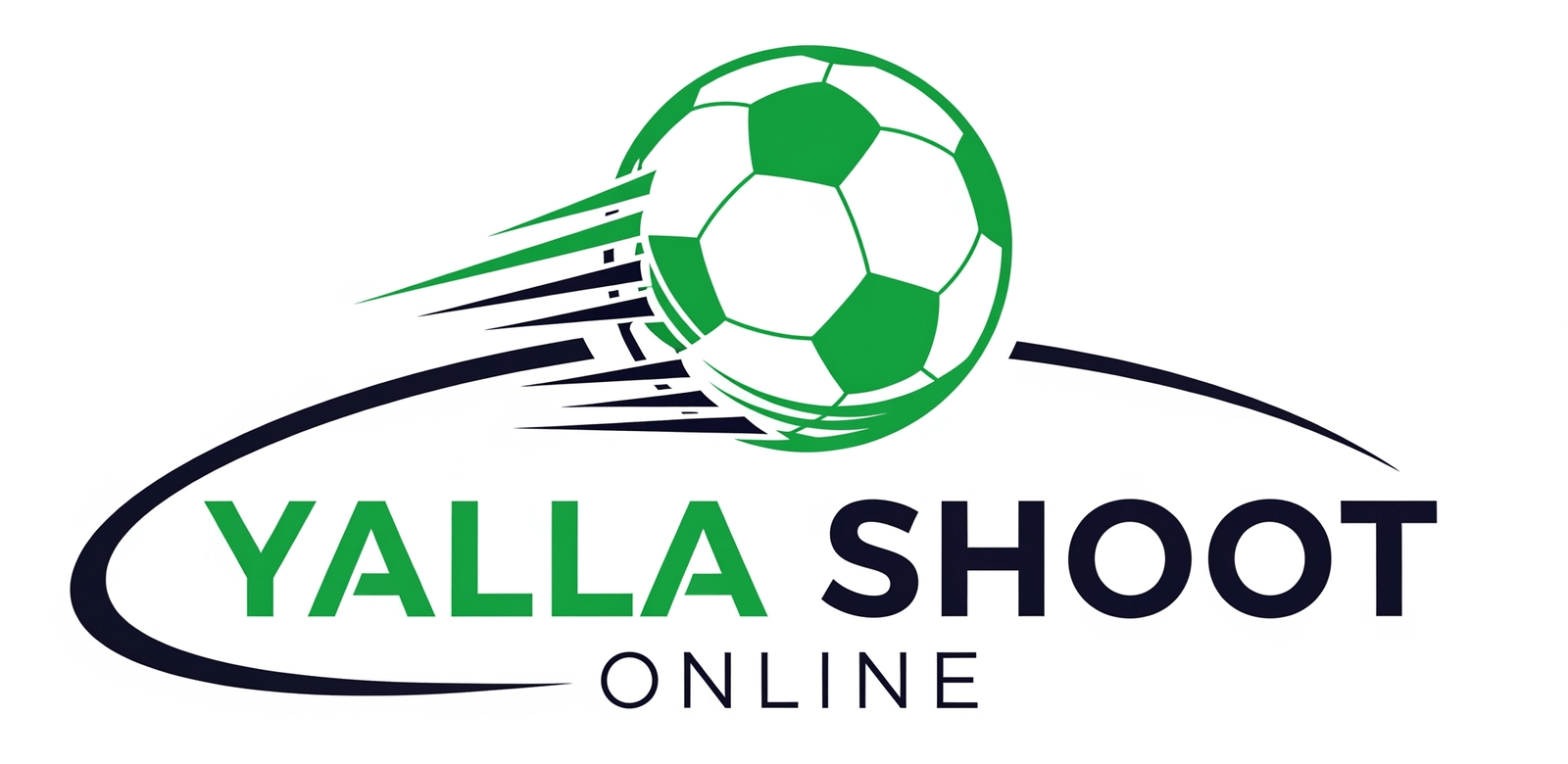What is “Glazernomics”? The phrase echoes across Manchester and far beyond, sparking debates in pubs, stadiums, and online forums. Why has a football club once admired for its independence now become a global case study in debt-driven ownership? How did one of the richest clubs in the world end up with fans demanding change in banners, marches, and chants of “Glazers Out”?
What is Glazernomics,The Glazer takeover in 2005 flipped Manchester United’s finances upside down. Instead of being debt-free, the club became saddled with loans, and revenues were directed toward servicing those debts. Fans soon coined the term “Glazernomics” to describe this model of financial mismanagement. It meant commercial deals, sponsorships, and global branding took precedence over football itself.
For supporters traveling to Old Trafford, the matchday experience remains magical. But beneath the chants and atmosphere lies tension, frustration, and distrust, a reality captured well in this guide to the Old Trafford matchday experience. The clash between tradition and finance continues to define United’s identity today.

The Origins of Glazernomics
The Glazer Takeover in 2005
Malcolm Glazer’s leveraged buyout placed debt directly on Manchester United.
United was once debt-free but suddenly responsible for hundreds of millions.
Fans immediately opposed the move, fearing the club would be run like a business asset, not a football team.
Loading Debt onto Manchester United
The takeover strategy was simple but ruthless:
Borrow money to buy the club.
Use the club’s income to repay those loans.
Shift financial risk entirely onto Manchester United.
This model sparked outrage and gave birth to the word Glazernomics.
How Glazernomics Shaped Manchester United’s Finances
Mounting Man Utd Debt
Total debt climbed above £500 million.
Interest payments alone drained over £1 billion since 2005.
Instead of investing in world-class players, much of United’s revenue serviced loans.
Commercial Revenue vs Footballing Success
Sponsorship deals boomed. The Glazers turned United into a marketing powerhouse.
The Chevrolet shirt sponsorship became one of the most lucrative in football.
As highlighted in football sponsorships, United prioritized commercial income over trophies.
Yet success on the pitch declined, with rivals like Manchester City and Liverpool overtaking United in dominance.
Fan Backlash: The Rise of Glazers Out Protests
The Role of MUST (Manchester United Supporters Trust)
MUST, the official supporters’ trust, led campaigns for transparency and influence. Their goals included:
Greater fan representation on the board
A voice in stadium and ticketing policies
Protecting the club’s traditions against financial exploitation
Stadium Walkouts and Global Demonstrations
Green-and-gold scarves became a protest symbol.
Fans staged walkouts at Old Trafford.
In 2021, thousands stormed the pitch to delay a Premier League match.
The “Glazers Out” movement became global, echoing during fierce Premier League rivalries.
Comparing Glazernomics to Other Football Ownership Models
Clubs Owned by Fans
In Germany’s Bundesliga, the 50+1 rule ensures fans maintain control.
These clubs reinvest profits into footballing infrastructure.
State-Backed Ownership Examples
Manchester City (Abu Dhabi) and PSG (Qatar) enjoy wealth-backed owners.
Their models contrast sharply with debt-driven Glazernomics.
Comparison Table:
| Ownership Model | Example Clubs | Key Features |
|---|---|---|
| Debt-Driven (Glazernomics) | Manchester United | Leverage loans, prioritize commercial income |
| Fan-Owned | Borussia Dortmund | Supporter control, reinvestment in football |
| State-Backed | Manchester City, PSG | Unlimited resources, rapid sporting success |
Glazernomics and Sponsorship Obsession
The Chevrolet Deal
Worth £64 million annually
Boosted finances but symbolized profit-over-football focus
Global Commercial Expansion
“Official noodle partner” jokes became common among fans
Commercial strategies prioritized above trophies
As fans note, some leagues celebrated in best football leagues balance success with financial stability, something United struggles to achieve under Glazernomics.
Legacy of Glazernomics: What’s Next for Manchester United?
Potential Sale or Investor Takeover
Persistent rumors link new billionaires to buying United.
Fans are cautious: will new owners really prioritize football?
Fan Influence and Demands
Supporters want seats at the decision-making table.
Some argue that without reforms, the club risks losing its soul.
External references such as Glazer ownership of Manchester United detail the long-term challenges.

Frequently Asked Questions (FAQs)
Q1: What is “Glazernomics”?
It is the financial strategy introduced by the Glazers, focusing on debt financing and commercial revenue at the expense of footballing reinvestment.
Q2: Why do fans protest against the Glazers?
Fans believe debt and profit-driven management have damaged United’s legacy and footballing dominance.
Q3: What role does MUST play in protests?
MUST advocates for transparency, fan influence, and protection of club traditions.
Q4: Has Glazernomics affected success on the pitch?
Yes. Despite commercial growth, Manchester United’s footballing dominance has weakened compared to rivals.
Q5: What future awaits Manchester United under Glazernomics?
Change may come through a sale, but only if new owners prioritize football success over financial engineering.
Conclusion
What is Glazernomics is more than a financial term. It represents a struggle between tradition and business, community and commerce, loyalty and profit. For Manchester United, it is both a curse and a catalyst, sparking global protests and demands for change. Fans remain hopeful that one day, the club’s focus will return to the pitch, where legends are made and history is written.








